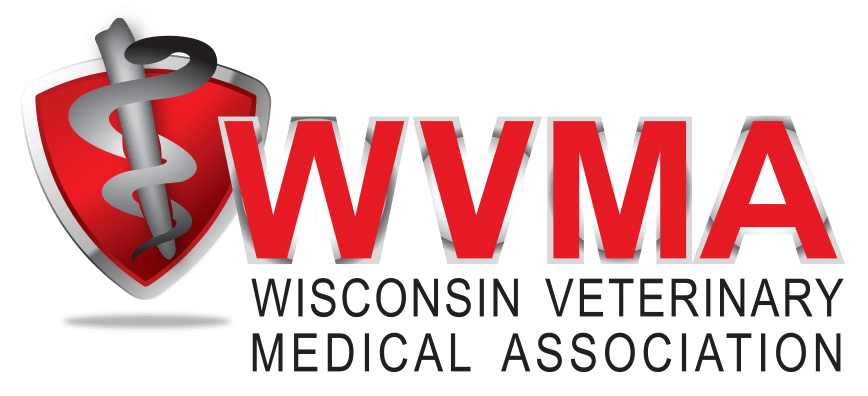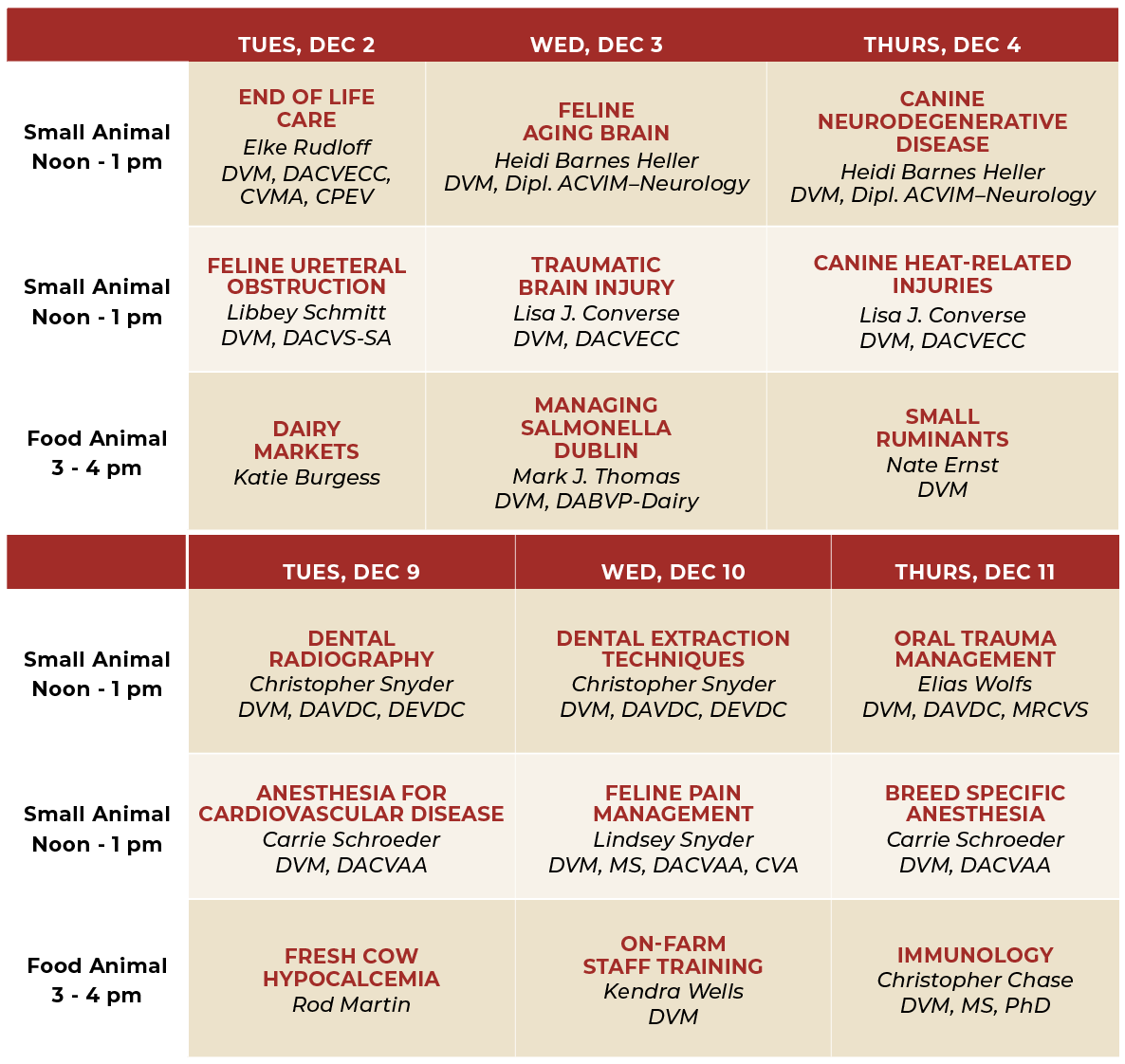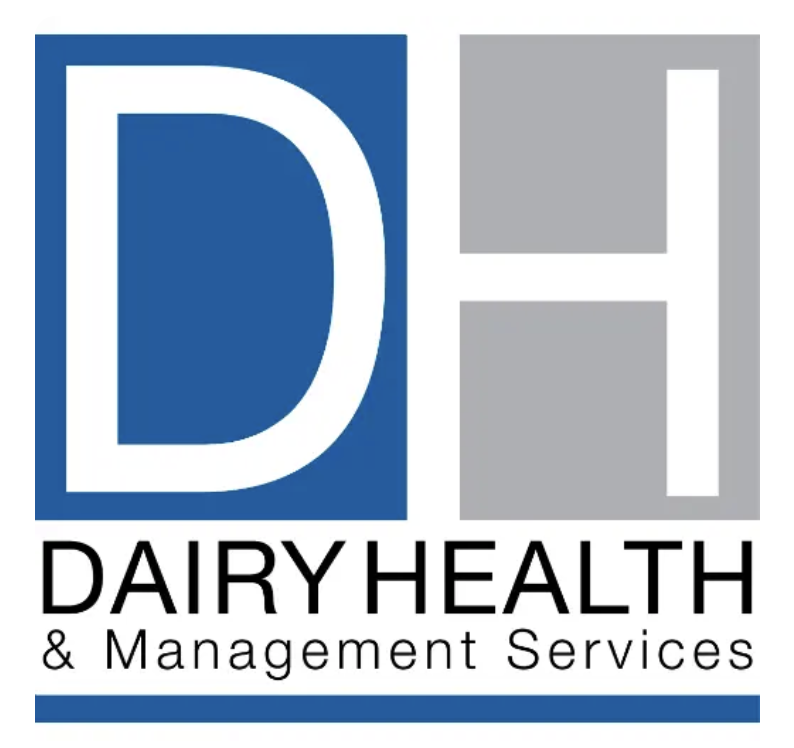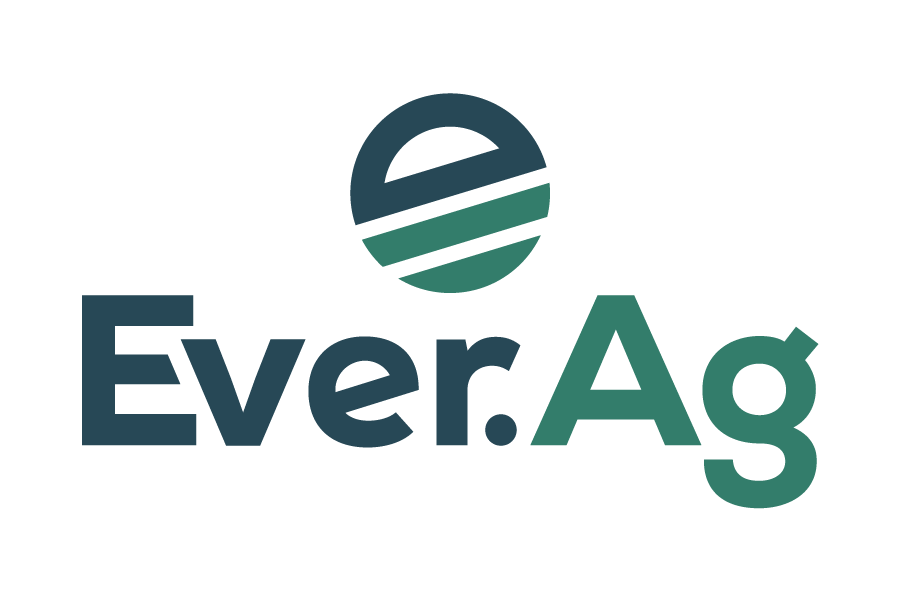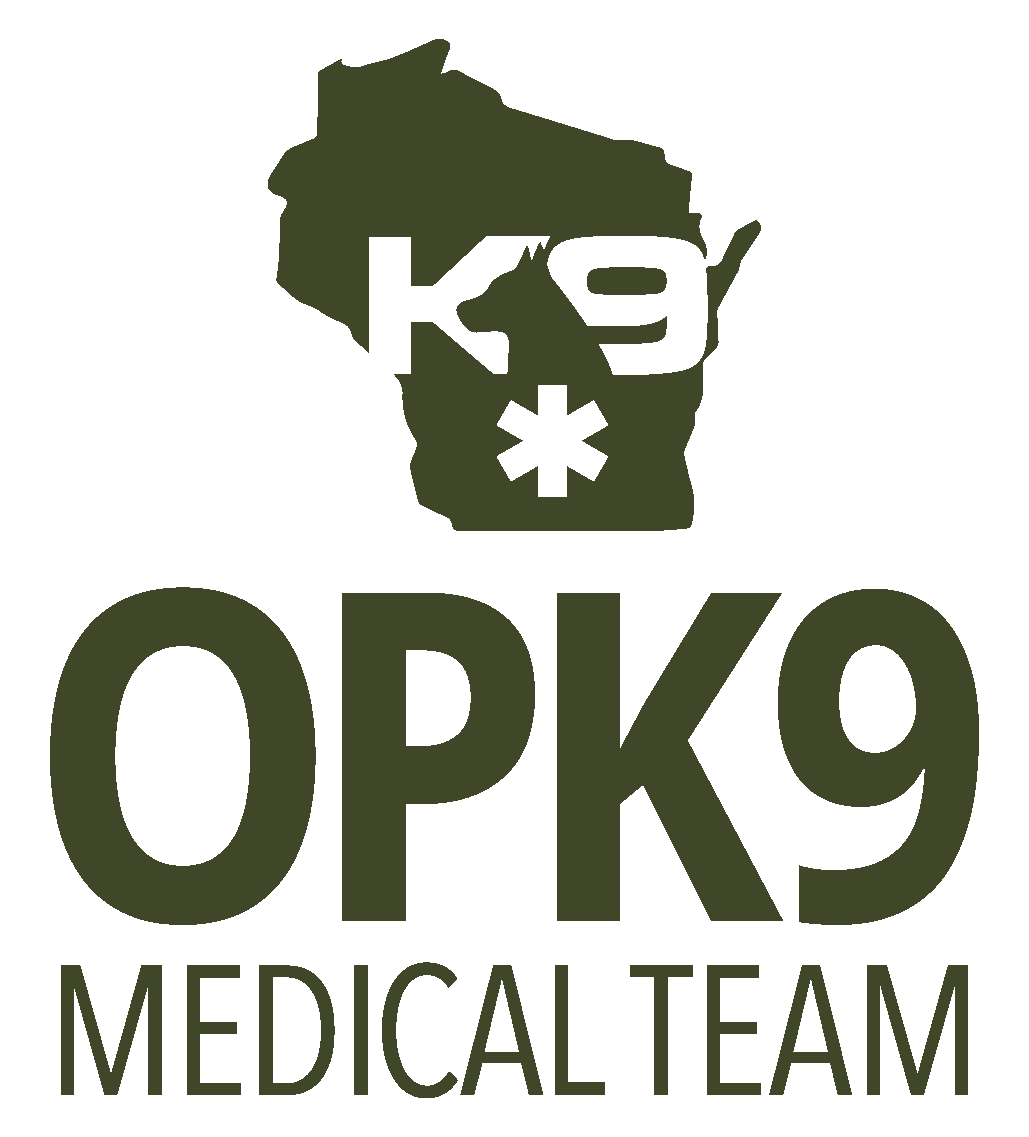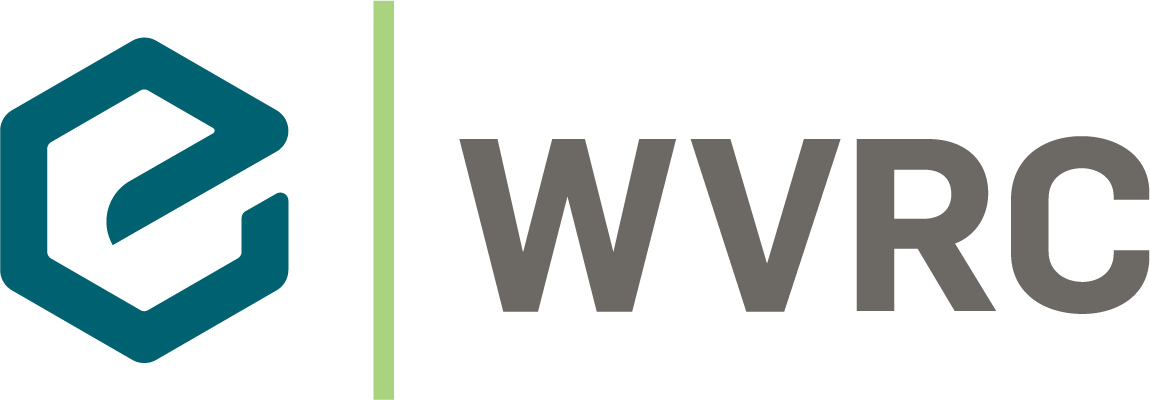ALL THE CE YOU NEED, ALL RIGHT HERE.
This licensing year is quickly coming to a close, and you still need CE. We’ve got you covered.
You can wrap up all your 2025 CE credit requirements with CE Palooza!
(Open to DVMs, CVTs, and all support staff.)

COURSE SCHEDULE
WEEK ONE
SMALL ANIMAL
Tuesday, December 2 • Noon
End of Life Care
Updates in End-of-Life Care
1-hour Lecture • 1.2 scientific credits
Sponsored by Old National Bank
Much of the focus in our training and daily practice is on preventative health and acute care. But, although death is inevitable, life doesn’t come with an expiration date, and it’s part of our responsibility to raise awareness of end-of-life care. We should not only promote a good quality of life but also a good quality of death. This session will highlight some aspects of end-of-life care that can enhance your practice and your client/patient’s experience during the twilight of the pet’s life. Topics covered include an introduction to senior care, palliative/hospice care, pre-euthanasia preparation, and changing the euthanasia experience.
Elke Rudloff, DVM, DACVECC, CVMA, CPEV, has been practicing veterinary medicine for over 30 years. A graduate of Purdue University, Dr. Elke is board-certified in veterinary emergency and critical care and now dedicates her time to protecting the end-of-life experience for companion animals through her work with BluePearl Pet Hospice. Dr. Elke is certified in veterinary medical acupuncture and has a strong passion for pain management, quality of life enhancement, and a gentle end-of-life experience. She’s a published author, a regular speaker at events around the world, and an active member of the VECCS. Dr. Elke is a Certified Senior Dog Veterinarian and Instructor as well as a Certified Peaceful Euthanasia Veterinarian and Instructor, promoting best comfort care and euthanasia practices to veterinary teams everywhere.
Feline Ureteral Obstruction
From Blockage to Bypass: Managing Feline Ureteral Obstruction in Practice
1-hour Lecture • 1.2 scientific credits
Sponsored by Ethos
Feline ureteral obstruction is an increasingly recognized condition that presents both diagnostic and therapeutic challenges in general practice. This session will provide a practical overview of how to identify, stabilize, and manage cases with ureteral obstruction. Discussion will include diagnostic approaches, medical management strategies, and when to consider referral for advanced intervention such as subcutaneous ureteral bypass (SUB) placement. Attendees will gain a clearer understanding of patient stabilization, postoperative care, and long-term management to optimize outcomes for these often critical cases.
Libbey Schmitt DVM, DACVS-SA, is a board-certified small animal surgeon at Wisconsin Veterinary Referral Center in Waukesha, Wisconsin. She earned her Doctor of Veterinary Medicine degree from Iowa State University, followed by a small animal rotating internship with BluePearl Veterinary Partners in Michigan. She then completed a surgical internship at the Dallas Veterinary Surgical Center before returning to Iowa State for her surgical residency. Through her extensive training, Dr. Schmitt developed a deep appreciation for how surgery allows veterinarians to directly improve the health and quality of life of their patients. She values the combination of technical skill, anatomical knowledge, and critical thinking that surgery requires, and is particularly passionate about patient care and client education as key components of successful outcomes. Outside of work, Dr. Schmitt enjoys spending time outdoors with her husband, children, and their Labradors.
Wednesday, December 3 • Noon
Feline Aging Brain
Feline Hyperesthesia, Cognitive Dysfunction, and Other Mystery Diseases
1-hour Lecture • 1.2 scientific credits
Sponsored by Old National Bank
Despite decades of research, the feline brain remains a black box. In this session, we’ll discuss the current literature regarding feline hyperesthesia syndrome, cognitive dysfunction syndrome, and other abnormal movement diseases in cats. Join us for a deep dive into the feline aging brain!
Heidi Barnes Heller, DVM, Dipl. ACVIM (Neurology), earned her veterinary degree from Michigan State University in 2000, followed by a rotating internship at the University of Illinois and a residency in neurology/neurosurgery at the University of Florida. Dr. Barnes is board-certified by the American College of Veterinary Internal Medicine. She was the staff neurologist outside of Chicago, Illinois, until December 2010. From there, she joined the University of Wisconsin-Madison School of Veterinary Medicine in neurology and neurosurgery and launched multiple clinical trials to further the understanding of feline seizure management. In 2019, Dr. Barnes founded Barnes Veterinary Specialty Services — a mobile neurology and neurosurgery business serving Wisconsin, Northern Illinois, and Iowa, with tele-neurology services nationwide.
Traumatic Brain Injury
Brainwaves: Riding the Ups and Downs of Traumatic Brain Injury (TBI) in Dogs and Cats
1-hour Lecture • 1.2 scientific credits
Sponsored by Operational K9 Medical Team of Wisconsin
Traumatic Brain Injuries (TBI) are common in dogs and cats secondary to traumatic events. Early recognition of TBI-related clinical signs and treatment must occur early in the resuscitation process to maximize survival. A thorough initial physical examination, followed by serial examinations, is crucial in the first 12-24 hours after TBI. Treatments aimed at maintaining blood flow and oxygenation to the brain can all be done by the primary care veterinarian. Nursing care, oxygen, analgesia, hyperosmolar agents, and patient positioning can minimize further injury to the brain, and many severely brain-injured dogs and cats can recover. We’ll discuss TBI signs, treatments, and techniques in this vital webinar.
Lisa J Converse, DVM, DACVECC, graduated from the University of Wisconsin-Madison School of Veterinary Medicine in 1995 and completed her residency at the Fox Valley Animal Referral Center in Appleton. She became a Diplomate of the American College of Veterinary Emergency and Critical Care in 2010. After 25 years, Dr. Converse “retired” from private practice and now spends her time as a locum clinical instructor in emergency/critical care and procedural instructor for Veterinary Emergency Group. From 2017 to 2019, she served on the Board of Directors of the Wisconsin Veterinary Medical Foundation (WVMF). In 2019, she stepped away and co-founded her nonprofit, Operational K9 Medical Team of Wisconsin (OPK9), an organization that educates handlers and medical service personnel on emergency medical management of law enforcement K9s. Lisa has two adult children and a grandchild on the way and spends her spare time traveling, skiing, paddleboarding, snorkeling, and hiking.
Thursday, December 4 • Noon
Canine Neurodegenrative Disease
The Aging Nervous System: Common Neurodegenerative Diseases of Older Dogs
1-hour Lecture • 1.2 scientific credits
In this in-depth session, we’ll discuss central nervous system and peripheral nervous system aging diseases, including degenerative myelopathy, degenerative neuropathy, and lumbosacral degeneration. Join us for a case-based review of the geriatric canine nervous system.
Heidi Barnes Heller, DVM, Dipl. ACVIM (Neurology), earned her veterinary degree from Michigan State University in 2000, followed by a rotating internship at the University of Illinois and a residency in neurology/neurosurgery at the University of Florida. Dr. Barnes is board-certified by the American College of Veterinary Internal Medicine. She was the staff neurologist outside of Chicago, Illinois, until December 2010. From there, she joined the University of Wisconsin-Madison School of Veterinary Medicine in neurology and neurosurgery and launched multiple clinical trials to further the understanding of feline seizure management. In 2019, Dr. Barnes founded Barnes Veterinary Specialty Services — a mobile neurology and neurosurgery business serving Wisconsin, Northern Illinois, and Iowa, with tele-neurology services nationwide.
Canine Heat-Related Injuries
Keeping it Cool: Treating Heat-Related Injuries in Dogs
1-hour Lecture • 1.2 scientific credits
Sponsored by Operational K9 Medical Team of Wisconsin
There have been many changes to the way we manage heat-related injuries in dogs over the past 20 years. To understand newer cooling strategies, it’s essential to know how dogs dissipate heat. In this webinar, we’ll discuss these K9 cooling mechanisms as well as proper in-clinic treatment protocols that will maximize survival and minimize systemic side effects.
Lisa J Converse, DVM, DACVECC, graduated from the University of Wisconsin-Madison School of Veterinary Medicine in 1995 and completed her residency at the Fox Valley Animal Referral Center in Appleton. She became a Diplomate of the American College of Veterinary Emergency and Critical Care in 2010. After 25 years, Dr. Converse “retired” from private practice and now spends her time as a locum clinical instructor in emergency/critical care and procedural instructor for Veterinary Emergency Group. From 2017 to 2019, she served on the Board of Directors of the Wisconsin Veterinary Medical Foundation (WVMF). In 2019, she stepped away and co-founded her nonprofit, Operational K9 Medical Team of Wisconsin (OPK9), an organization that educates handlers and medical service personnel on emergency medical management of law enforcement K9s. Lisa has two adult children and a grandchild on the way and spends her spare time traveling, skiing, paddleboarding, snorkeling, and hiking.
LARGE ANIMAL
Tuesday, December 2 • 3:00 p.m.
Dairy Markets
From Milk Supply to Margins: What Veterinarians Need to Know
1-hour Lecture • 1.2 scientific credits
Sponsored by Ever.Ag
Dairy markets remain highly volatile, with global competition intensifying as milk supplies continue to grow. On-farm changes—such as rising component levels and the increasing use of dairy-beef crossbreeding—are reshaping market dynamics and influencing producer returns. Join us to explore the latest outlook for dairy margins and learn about risk management tools designed to protect profitability. We’ll cover key programs like Dairy Margin Coverage and Dairy Revenue Protection (DRP) Insurance, and discuss practical strategies to help producers navigate uncertainty and maintain financial stability.
Katie Burgess, DVM, Katie Burgess developed a passion for the industry while growing up on a Wisconsin dairy farm and joined the Ever.Ag team in 2012. She works with clients across the dairy supply chain—including producers, cooperatives, processors, retailers, restaurants, and multi-national end-users. As a trained economist and commodity broker, Katie keeps customers updated on dairy supply and demand fundamentals and helps them manage price volatility via hedging programs. She holds a Master’s Degree in Agricultural and Applied Economics and a Bachelor’s Degree in Agricultural Business Management, both from the University of Wisconsin.
Wednesday, December 3 • 3:00 p.m.
Managing Salmonella Dublin
Managing Salmonella Dublin: Integrating Biosecurity, Immunity, and Calf Health
1-hour Lecture • 1.2 scientific credits
Sponsored by Dairy Health & Management Services, LLC
Salmonella Dublin has become an emerging challenge in dairy herds, affecting both animal health and farm sustainability. This presentation will explore a practical, systems-based approach to prevention—integrating biosecurity, immunity, and calf management. Key topics include understanding transmission dynamics, the role of carrier animals, vaccine strategies, and building on-farm protocols to reduce infection risk. Participants will gain evidence-based insights and actionable tools to build a more resilient, healthier herd through coordinated management of people, animals, and environment.
Mark J. Thomas, DVM, DABVP-Dairy, is a veterinarian, educator, and dairy consultant with over 25 years of experience in progressive herd health, data-driven decision making, and sustainable dairy production. He is the co-founder and Managing Partner of Dairy Health & Management Services. A 1997 graduate of Cornell University College of Veterinary Medicine, Dr. Thomas is board-certified by the American Board of Veterinary Practitioners in Dairy Practice. His early career included 20 years as managing partner of Countryside Veterinary Clinic in Lowville, NY. Mark has contributed extensively to advancing dairy health through research, education, and leadership. He also serves as a podcast host for the Dairy Podcast Show. A past-president of the American Association of Bovine Practitioners, Mark currently serves on advisory boards for multiple veterinary organizations. He lives in Torreón, Mexico, where he continues to work with dairy producers, veterinary teams, and industry partners to build resilient and profitable dairy systems.
Thursday, December 4 • 3:00 p.m.
Small Ruminants
More Than Just Small Cows: A Practical Approach to Small Ruminant Medicine.
1-hour Lecture • 1.2 scientific credits
Owning small ruminants for pets and small hobby farm settings is becoming increasingly popular. This presents veterinarians with a unique opportunity to educate clients and practice medicine on fun and unique species. Whether based in a brick-and-mortar clinic or on the road for mobile practice, there’s a demand for our services and a need for quality care. The goal of this presentation is to provide practitioners, both large animal and companion animal-based, with some tips and tricks to make small ruminant medicine approachable and practical.
Nate Ernst, DVM, is from Sault Ste. Marie, Michigan, and a 2022 graduate of Michigan State University. He’s currently working as a food animal veterinarian at Marshfield Veterinary Services in Marshfield, Wisconsin. He and his wife, Katie, own and operate “Two-Doc Livestock,” a small sheep flock providing high-value show lambs to 4-H and FFA kids. His efforts and passion for small ruminants have not only provided a much-needed service to the community but also proved to be a significant value add for the practice. When he’s not working or raising sheep, Dr. Nate enjoys scuba diving with his wife and spending time with their two dogs, Marshall and Major.
WEEK TWO
Tuesday, December 9 • Noon
Dental Radiography
Common Challenges with Dental Radiographic Interpretation and Positioning
1-hour Lecture • 1.2 scientific credits
This webinar offers veterinarians a practical overview of intraoral dental radiography, covering its indications, interpretation, and role in clinical decision-making. It highlights how radiographs can reveal subgingival pathology invisible during oral examinations, improving diagnosis and client communication. We’ll review normal anatomy and common radiographic findings, such as bone loss, periapical lesions, root pathology, and tooth resorption in cats and dogs. Practical tips are provided for using radiographs in treatment planning, estimating procedural complexity, and confirming extractions through pre- and post-procedural imaging. The presentation concludes with recommendations for case documentation, ongoing monitoring, and client education to improve care quality and build trust.
Christopher Snyder, DVM, DAVDC, DEVDC, has been a clinical faculty member since completing his residency at UW-Madison, SVM. Dr. Snyder has lectured locally, nationally, and internationally. He teaches in a very practical, “use it on Monday” type of approach.
Anesthesia for Cardiovascular Disease
Practical Anesthetic Management of Patients with Cardiovascular Disease
1-hour Lecture • 1.2 scientific credits
Cardiovascular disease is a common comorbidity in patients presenting for anesthetized procedures. In this webinar, the anesthetic management of small animal patients with commonly encountered cardiovascular diseases will be presented with room for questions or discussions.
Carrie Schroeder, DVM, DACVAA, is a Clinical Associate Professor of anesthesia at the University of Wisconsin School of Veterinary Medicine. She is co-editor of the second edition of Canine and Feline Anesthesia and Co-Existing Disease and Veterinary Anesthesia and Analgesia: the sixth edition of Lumb and Jones. Her clinical and research interests include novel means of providing sedation to horses, regional anesthesia, and exotic animal anesthesia. In her free time, Carrie enjoys spending time with her husband and three daughters, running, and horseback riding.
Wednesday, December 10 • Noon
Dental Extraction Techniques
Extraction: Efficient Techniques and Avoiding Complications
1-hour Lecture • 1.2 scientific credits
This webinar guides veterinarians through practical, real-world tips for performing dental extractions safely and efficiently. It explains how to use radiographs to plan your approach, achieve better visualization, and select the right tools to make extractions smoother and less stressful. We’ll cover both closed and open extraction techniques, including flap design, sectioning, and tension-free closure. You’ll also learn ways to prevent common issues like oronasal fistulas and mandibular fractures. The goal is to help you feel more confident, prepared, and efficient when performing extractions on your patients.
Christopher Snyder, DVM, DAVDC, DEVDC, has been a clinical faculty member since completing his residency at UW-Madison, SVM. Dr. Snyder has lectured locally, nationally, and internationally. He teaches in a very practical, “use it on Monday” type of approach.
Feline Pain Management
Meeouch! Pain Management in Cats
1-hour Lecture • 1.2 scientific credits
Sponsored by Old National Bank
Cats present unique challenges when it comes to pain management. This discussion will cover the difficulties with feline analgesia in the pre, intra, and postoperative period. Options for treating cats with chronic pain will also be covered with room for questions or cases of your own.
Lindsey Snyder, DVM, MS, DACVAA, CVA, is a Teaching Assistant Professor of anesthesia at the University of Wisconsin School of Veterinary Medicine. She spends the majority of her time teaching and supervising the anesthesia courses, lectures, and labs. She’s also a co-editor of Canine and Feline Anesthesia and Co-Existing Disease, assists with clinical research., and has a special interest in veterinary acupuncture. In her free time, Lindsey and her husband travel the country taking their 17-year-old son and 15-year-old daughter to their hockey games.
Thursday, December 11 • Noon
Oral Trauma Management
Maxillofacial Trauma Management: It Doesn’t Have to Be a Jaw-Dropping Experience
1-hour Lecture • 1.2 scientific credits
Oromaxillofacial trauma can be intimidating, but it doesn’t have to be overwhelming. This lecture will guide general practitioners through the practical steps of triaging, stabilizing, and managing common oral and maxillofacial injuries in small animal patients. Topics will include initial assessment, pain control, wound management, temporary stabilization techniques, and recognizing cases that warrant referral. Through real-world examples and clinical tips, attendees will gain the confidence to approach maxillofacial trauma methodically—ensuring better patient outcomes and less “jaw-dropping” stress in the exam room.
Elias Wolfs, DVM, DAVDC, MRCVS, received his DVM degree from Ghent University, Belgium, in 2018. After graduating, he completed a small animal new graduate program for CVS, UK, prior to starting a residency in dentistry and oral surgery at the University of California, Davis, in 2020. He joined the University of Wisconsin, Madison, in 2023 as an assistant professor and fellow candidate in oral and maxillofacial surgery. His special interests include general oral surgery, maxillofacial trauma surgery, and oncologic surgery with an emphasis on potential reconstruction.
Breed Specific Anesthesia
Addressing Breed-Specific Concerns in Small Animal Anesthesia
1-hour Lecture • 1.2 scientific credits
Sponsored by Old National Bank
True breed-specific sensitivity to anesthetics is, mercifully, quite rare. However, we all know many breeds carry a higher risk of anatomic considerations or comorbidities that warrant analysis when developing an anesthetic plan. Discussing brachycephalic patients can’t be avoided, but the conversation will be expanded to other breeds, with lots of room for questions.
Carrie Schroeder, DVM, DACVAA, is a Clinical Associate Professor of anesthesia at the University of Wisconsin School of Veterinary Medicine. She is co-editor of the second edition of Canine and Feline Anesthesia and Co-Existing Disease and Veterinary Anesthesia and Analgesia: the sixth edition of Lumb and Jones. Her clinical and research interests include novel means of providing sedation to horses, regional anesthesia and exotic animal anesthesia. In her free time, she enjoys spending time with her husband and three daughters, running, and horseback riding.
Tuesday, December 9 • 3:00 p.m.
Fresh Cow Hypocalcemia
New Research & Practical Strategies to Mitigate Fresh Cow Hypocalcemia
1-hour Lecture • 1.2 scientific credits
Sponsored by Protekta
This session will review current nutritional strategies available to address fresh cow hypocalcemia challenges with a special emphasis on the role of dietary phosphorus in prefresh diets. There’s a strong body of scientific evidence and on-farm responses confirming that lowering/restricting prefresh dietary phosphorus has a positive effect on maintaining fresh cow blood calcium levels. We’ll discuss dietary phosphorus research and recommendations for both 1-group dry cow and negative DCAD diets, along with the emerging science supporting the phosphorus binding strategy.
Rod Martin is a Dairy Nutritionist and Business Development Consultant for Protekta. He’s responsible for providing technical training to the dairy industry’s nutrition and veterinarian community, providing on-farm technical support and North American business development. Rod has 35+ years of experience in on-farm dairy nutritional and management consulting, product development and sales management. In addition, he’s presented at numerous industry and university meetings and authored articles for Hoard’s Dairyman and other dairy publications. Rod received his B.S. and M.S. degrees in Animal Science from the University of Wisconsin-Madison.
Wednesday, December 10 • 3:00 p.m.
On-Farm Staff Training
The Vet-Worker Connection: Boosting Dairy Performance Through Labor Force Training
1-hour Lecture • 1.2 non-scientific credits
The role of the veterinarian has evolved beyond treatment to include management and training. This session demonstrates how vets can become key partners in boosting a dairy’s profitability by improving skills of the dairy workforce. We’ll explore how targeted, veterinarian-led training directly impacts the farm’s bottom line and strengthens the entire operation.
Kendra Wells, DVM, grew up in Northwestern Wisconsin, where she skipped summer camp and helped with chores on her Aunt and Uncle’s dairy farm. As a college student, she worked for a handful of dairies throughout the state, inspiring her to pursue dairy medicine and work with people who love cows, too. This brought her to Valley Veterinary Clinic in Seymour, WI, where she currently works. Her specialty interests include youngstock and employee improvement. Outside of work, she enjoys fishing with her family, crafting, and visiting family and friends.
Thursday, December 11 • 3:00 p.m.
Immunology
Immunology: The Good, the Bad, and the Ugly of the Immune Response.
(Can We Have Too Much of a Good Thing?)
1-hour Lecture • 1.2 scientific credits
This talk will provide background on cytokine storm—a perfect storm involving a physiological component (negative energy balance) along with microbiome changes in the gut (diet change), leading to severe respiratory disease. Ultimately, it affects inflammatory pathways, resulting in increased disease severity. We’ll discuss what can be done to improve mucosal barriers and explore the roles of stressors and leaky gut.
